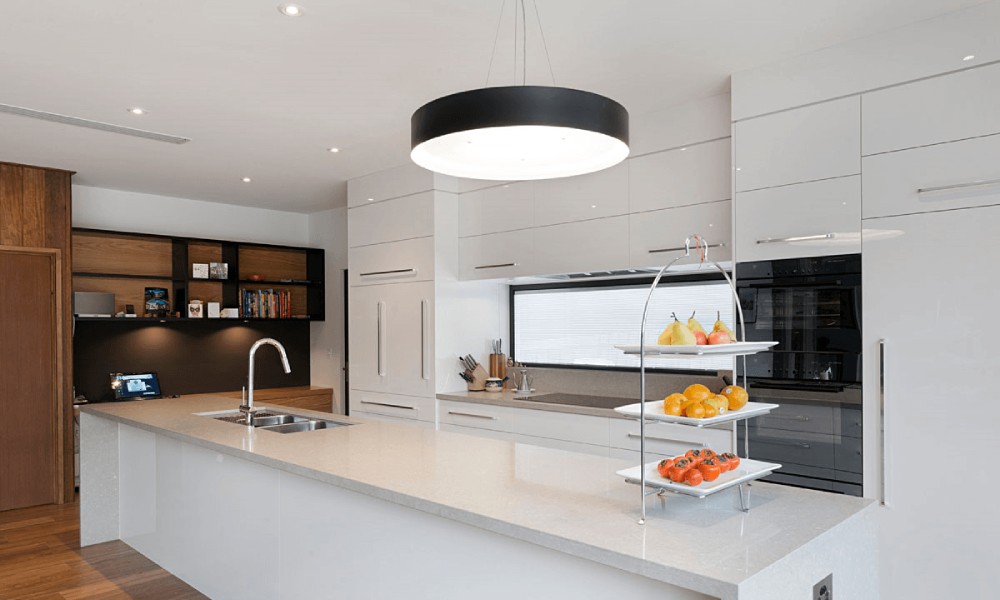When it comes to selecting kitchen benchtops in Brisbane, there are several crucial considerations that go beyond mere aesthetics. The choice of material for your benchtop plays a pivotal role in both functionality and style.
1. Material: Benchtops come in various materials like granite, marble, quartz, laminate, wood, stainless steel, and concrete. Each has its own aesthetic appeal, durability, maintenance requirements, and price point.
2. Durability: Consider the durability of the material concerning your lifestyle. Some materials are more prone to scratching, staining, or heat damage. For instance, granite and quartz are quite durable, while marble requires more maintenance.
3. Maintenance: Different materials have different maintenance needs. Some may require sealing, regular cleaning, or specific care instructions to maintain their appearance and durability.
4. Budget: The cost can vary significantly depending on the material chosen. Set a budget and explore options within that range. Remember to consider long-term maintenance costs as well.
5. Style and Aesthetics: Choose a benchtop that complements the overall style of your kitchen. Consider colors, patterns, and textures that will harmonize with your cabinets, flooring, and backsplash.
6. Functionality: Consider how you use your kitchen. Do you need a heat-resistant surface? Are you looking for something easy to clean or one that allows you to chop directly on it? Different materials offer varying degrees of functionality.
7. Installation: Factor in the installation process. Some materials may require professional installation, and the complexity can impact the overall cost.
8. Size and Layout: Ensure accurate measurements for your benchtop. Consider the layout of your kitchen, including any cutouts needed for sinks, cooktops, or other appliances.
9. Eco-Friendliness: Some materials are more eco-friendly than others. Consider options made from recycled materials or those that are environmentally sustainable.
10. Warranty and Longevity: Check warranties offered by manufacturers. Additionally, research the expected lifespan of the material to understand its longevity.
Before making a decision, it’s beneficial to research and compare different options based on these factors. You might also want to consult with professionals or visit showrooms to see and touch the materials before making your final choice.
